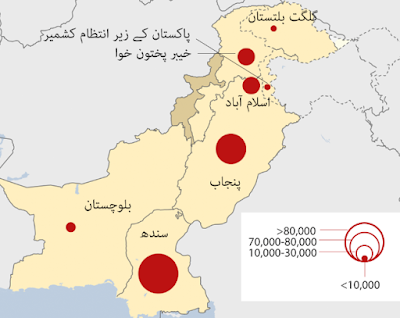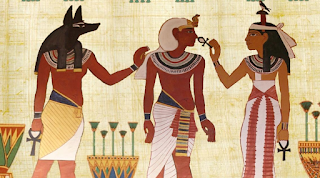Attitude and Aptitude
The difference between attitude and aptitude is that attitude refers to the temperament of a person in front of certain situations and aptitude is the talent, ability or skill that one has for something.
These two concepts are often confused due to their written similarity and because both are important qualities for an optimal interrelation with the environment, in addition to being qualities valued at the organizational level.
What is attitude?
In psychology, attitude is understood as the predisposition of a subject to respond to situations consistently and therefore, it is considered an important variable to predict behavior.
In other words, the attitude can be considered a trend or predisposition learned and cognitive and effective in the face of the circumstances, people or objects that trigger a response from the subject.
Attitude is based on biological (primary response of the organism to a stimulus), emotional and belief system factors, and can be triggered by a specific or generalized stimulus. In addition, it can be reinforced positively or negatively, according to experience.
Types of attitude
There are five major types of attitude, which in turn are subdivided into new categories:
Attitude according to effective valence
They are the attitudes of people according to the assessment they have of their environment.
- Positive attitude: reality is interpreted optimistically, so the behavior is aimed at achieving goals in a healthy way.
- Negative attitude: pessimistic interpretation of reality. It is impossible for the individual to see the positive aspects of reality.
- Neutral attitude: it is the attitude of those who wish to project impartiality; however it is not a frequent type of attitude.
Attitude according to activity orientation
Are the attitudes that are developed regarding the execution of a task
- Proactive attitude: the person is capable of generating solutions autonomously and creatively.
- Reactive attitude: the person avoids solving a problem or task and tends to conform.
- Attitude according to motivation
As its name indicates, they are the attitudes that are generated according to what motivates the individual.
- Interested attitude: it is characteristic of people who seek to satisfy their needs, without considering the motivations and interests of others.
- Altruistic attitude: the person acts for the benefit of the other, beyond her own interests.
Attitude depending on the relationship with the other
They are attitudes that arise based on experiences, relationships and social ties.
- Collaborative attitude: stimulates the integration of the other or the group based on the achievement of a common goal.
- Passive attitude: there is an absence of initiative, and even the person can put aside their interests to subordinate what the group decides.
- Aggressive attitude: the person can use physical, psychological or verbal violence to achieve her goals.
- Assertive attitude: own and other people's interests are considered and agreement is sought.
Attitude based on the assessment of reality
They are attitudes determined according to the emotionalize or rationality with which reality is perceived.
Emotional attitude: as its name indicates, the person perceives reality solely in function of her emotions, leaving rational evaluation in the background.
Rational attitude: reason and logic are taken into account to value reality, ignoring or suppressing emotionalize.
Components of Atitude:
In the field of psychology, attitude is considered to have three essential components:
- Cognitive component: for a subject to develop an attitude towards something or someone, it is necessary to have a cognitive representation in this regard. That is, you have to have information about that object, as well as perceptions and beliefs about it, to be able to form your attitude. In this sense, it is not possible to have an attitude about what is unknown.
- Effective component: it is the positive or negative feeling that develops towards the object, person or event on which an attitude is generated.
- Behavioral component: it is the subject's predisposition or consistent response to the same object, person or event.
Attitude functions:
Attitudes fulfill four basic functions:
- The attitude allows the person to get closer to the fulfillment of their objective, so it has an instrumental function.
- It helps the individual to process information from the environment.
- Attitude contributes to making the person's beliefs and values scale visible.
- Attitude acts as a resource for reaffirming the subject's self-esteem and justifying their actions.
What is fitness?
In psychology, aptitude is the ability you have to achieve something. It can also be defined as the series of conditions or requirements that a person has to fulfill a specific function or objective.
For example, a communicator must have aptitude.





Comments
Post a Comment